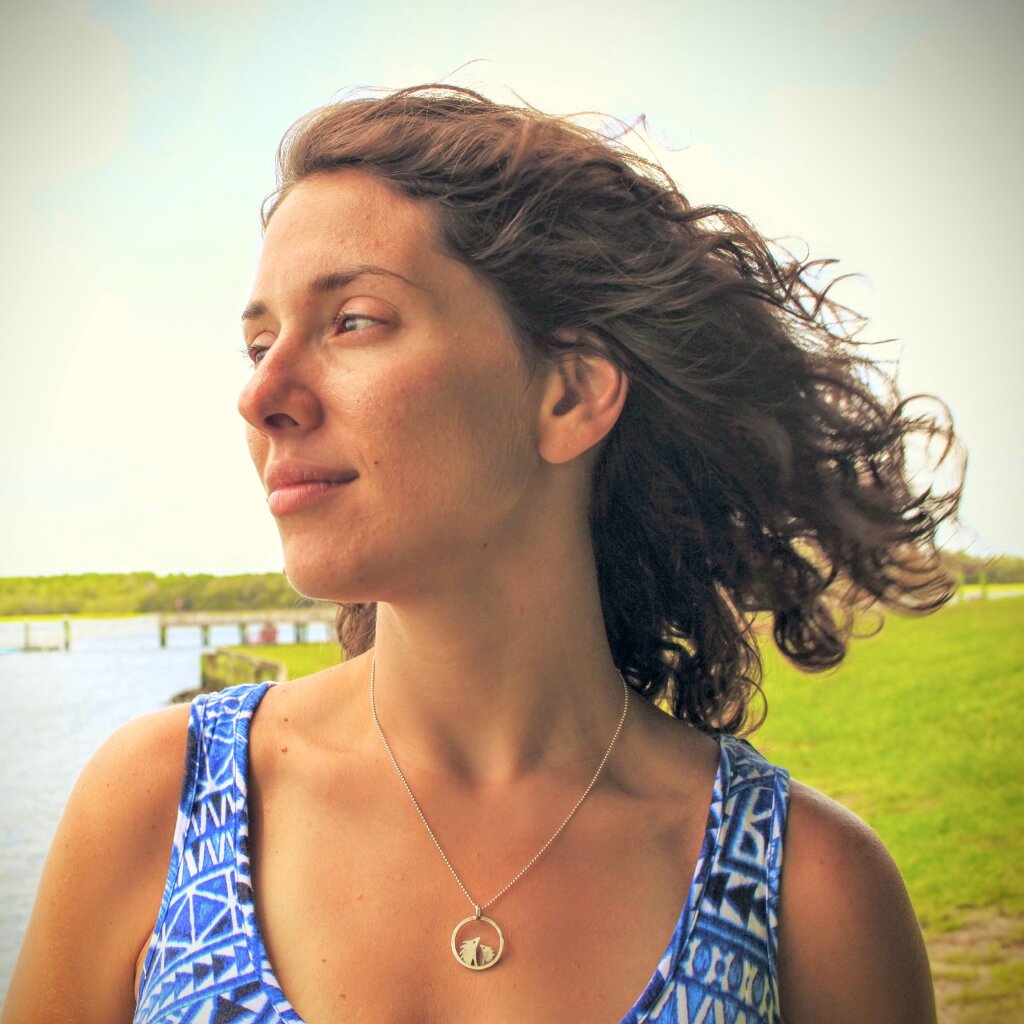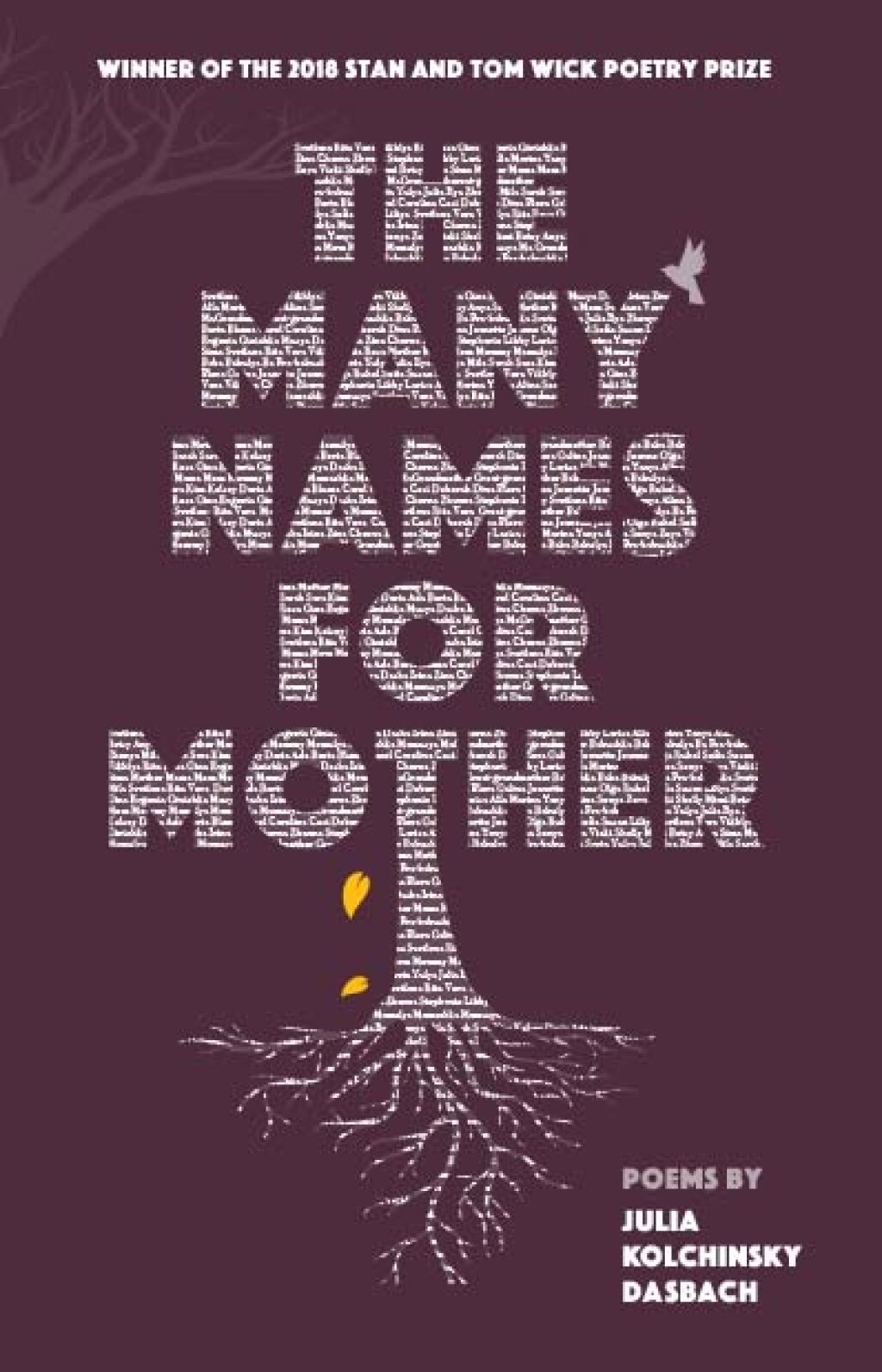What makes poetry such a fitting vessel for bringing past trauma into conversation with the present? Julia Kolchinsky Dasbach suggests the mode she has termed lyric witness, which creates a liminal space between documentary and imaginative representation, between what can be remembered and what evades memory, and between an ancestral past and the intergenerational present. She read and discuss poetry from her prize-winning collection The Many Names for Mother (Kent State University Press, 2019) which examines how her Jewish-refugee experience and descent from Holocaust survivors from Ukraine has influenced raising a bilingual, multi-ethnic, first-generation American child. Of the collection, poet Ellen Bass wrote, “Julia’s gift is to bring the past into relevance; we feel its immediacy, almost urgency. An insistence on history is at the core of her work. I am struck by both its timeliness and timelessness. She explores questions of race and otherness with acute awareness.” And Ilya Kaminsky called it “a stunning book,” saying that it takes on the subject of motherhood “without false sentimentalism. For in a time like ours, mothers have no time to be sentimental.” In the context of our precarious political present, Julia's work insists on continuing to write about the Holocaust past–particularly the silenced narrative of atrocity in former Soviet territories.
BIO: Julia Kolchinsky Dasbach emigrated from Dnepropetrovsk, Ukraine as a Jewish refugee when she was six years old. She holds an MFA in Poetry from the University of Oregon and is a Ph.D. candidate at the University of Pennsylvania where her work focuses on contemporary American poetry about the Holocaust, paying particular attention to the underrepresented narrative of atrocity in the eastern territories. She is the author of The Many Names for Mother, winner the Wick Poetry Prize (Kent State University Press, 2019) and The Bear Who Ate the Stars (Split Lip Press, 2014). Her poems appear in POETRY, American Poetry Review, and The Nation, among others. Her work has been selected for Best New Poets, the Williams Carlos Williams University Poetry Prize from the Academy of American Poets, and New South’s Poetry Prize. Julia is the editor of Construction Magazine.
Watch the event recording here.
Read the event recording here.


